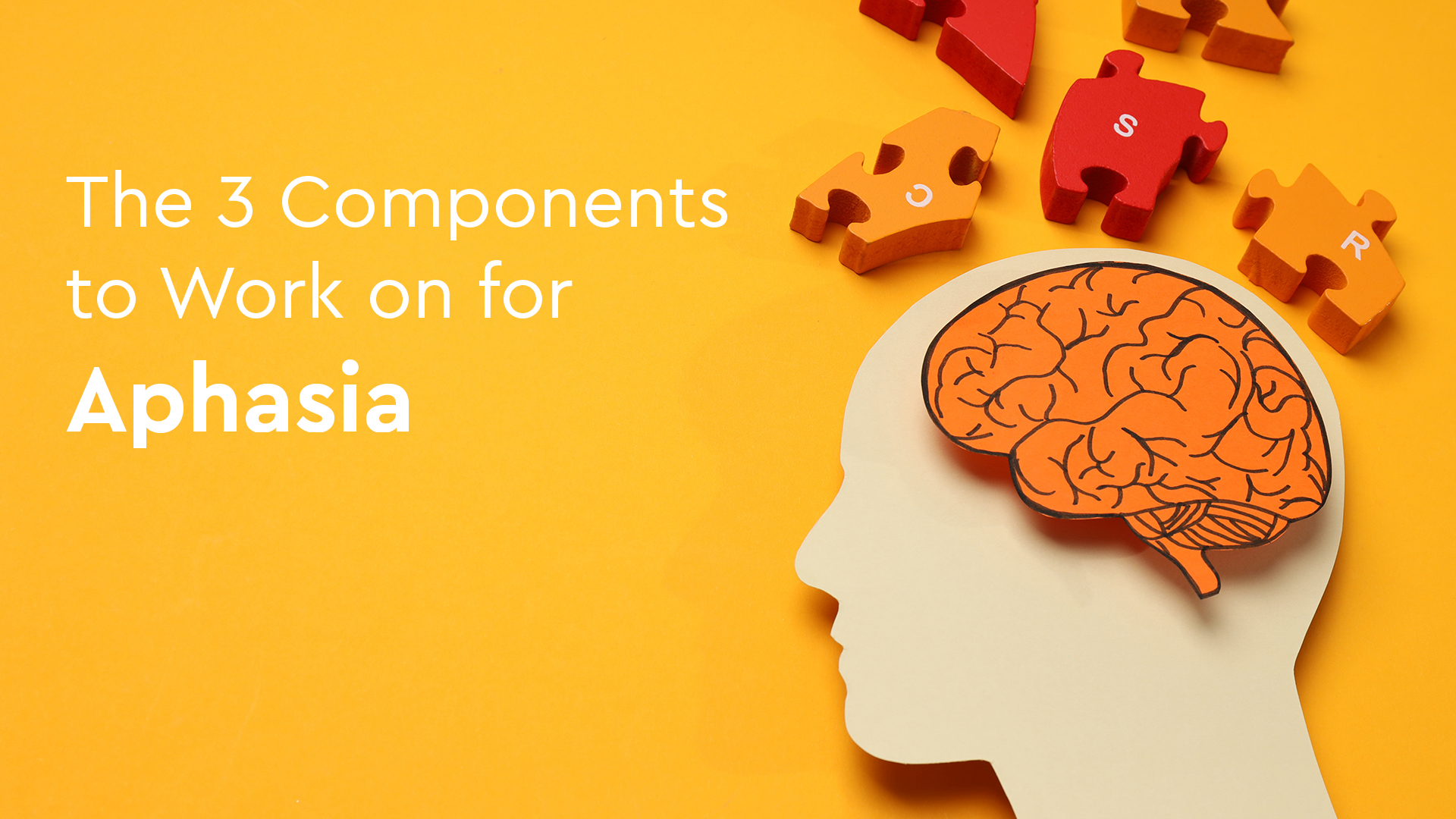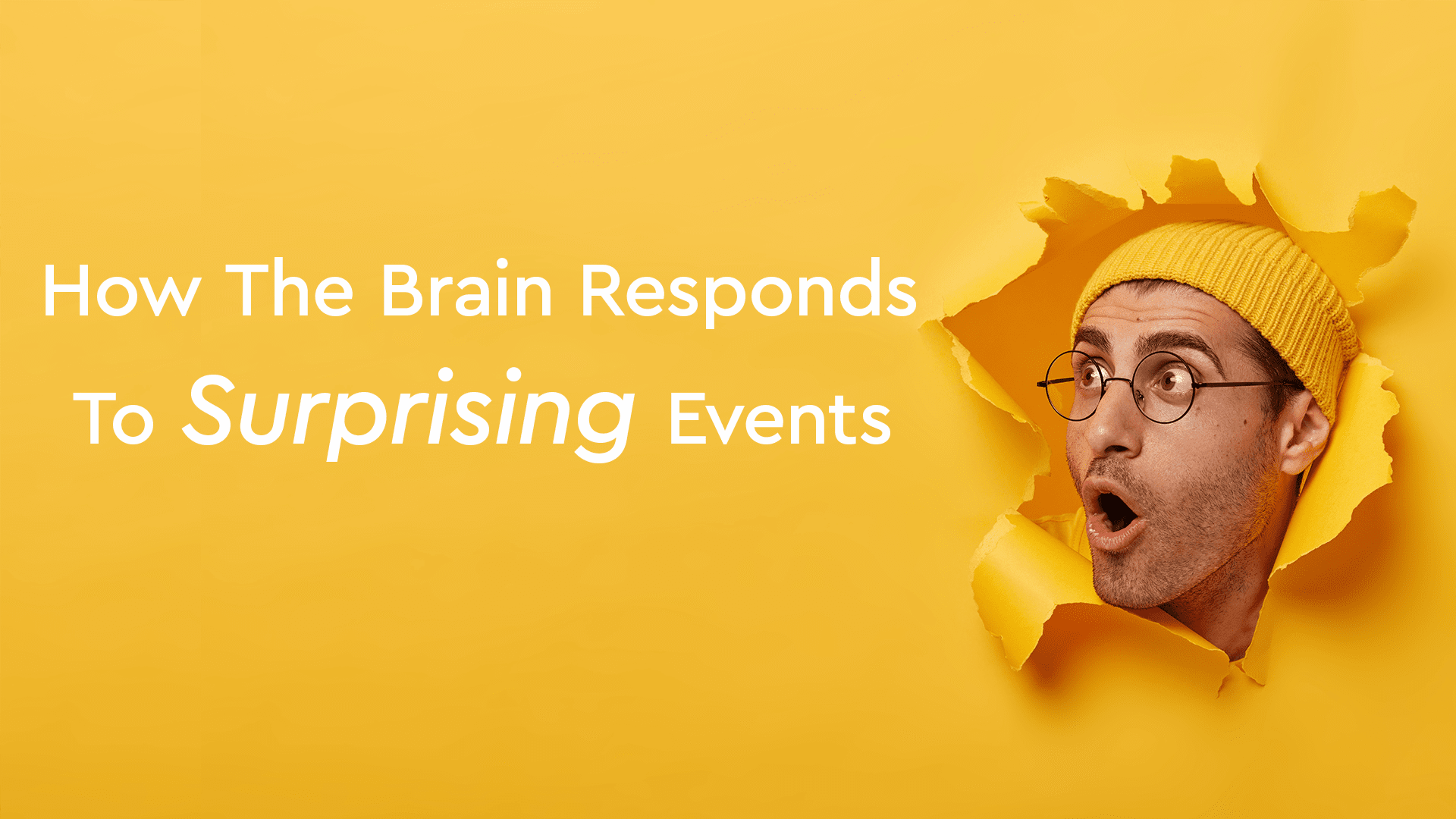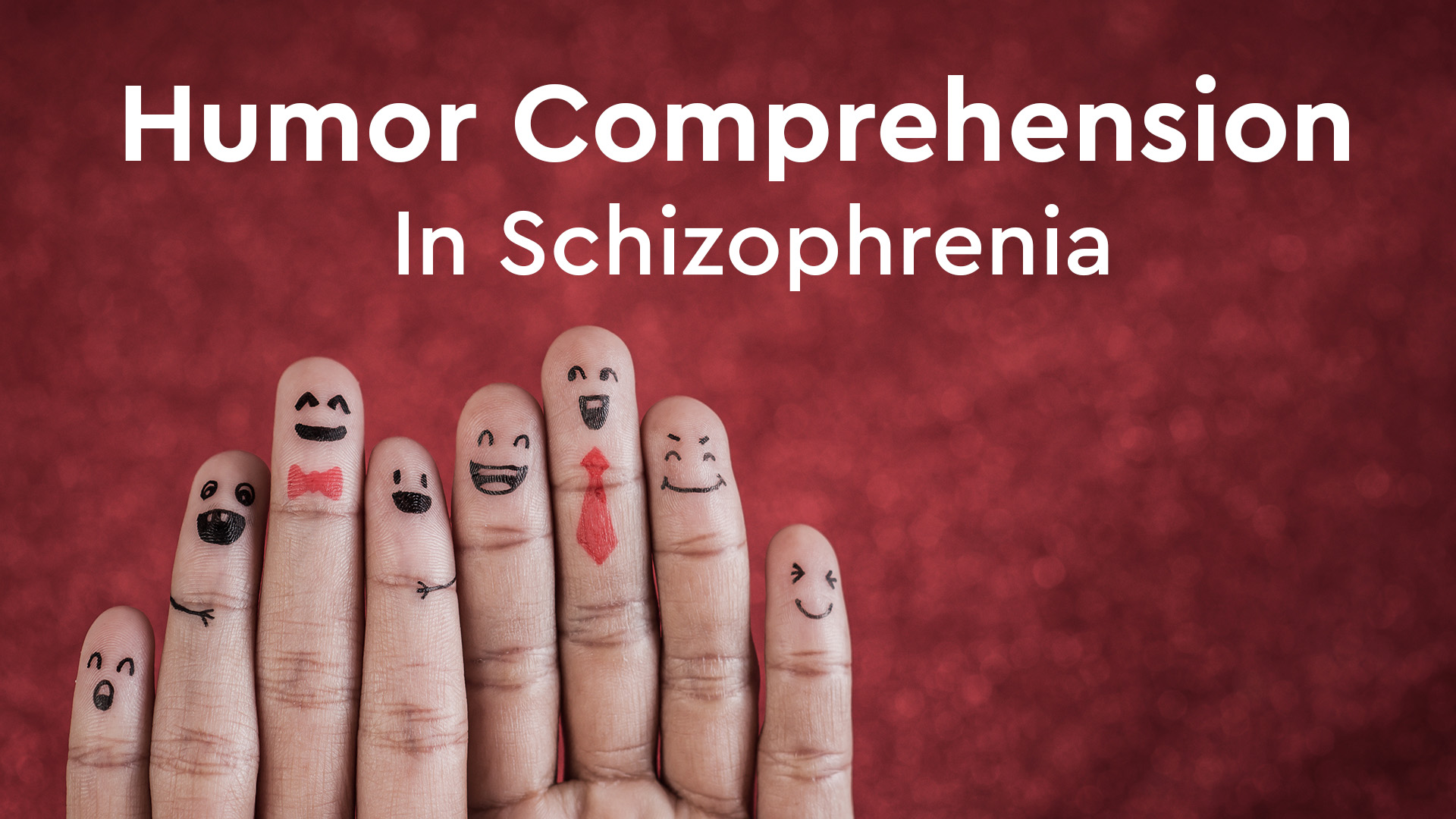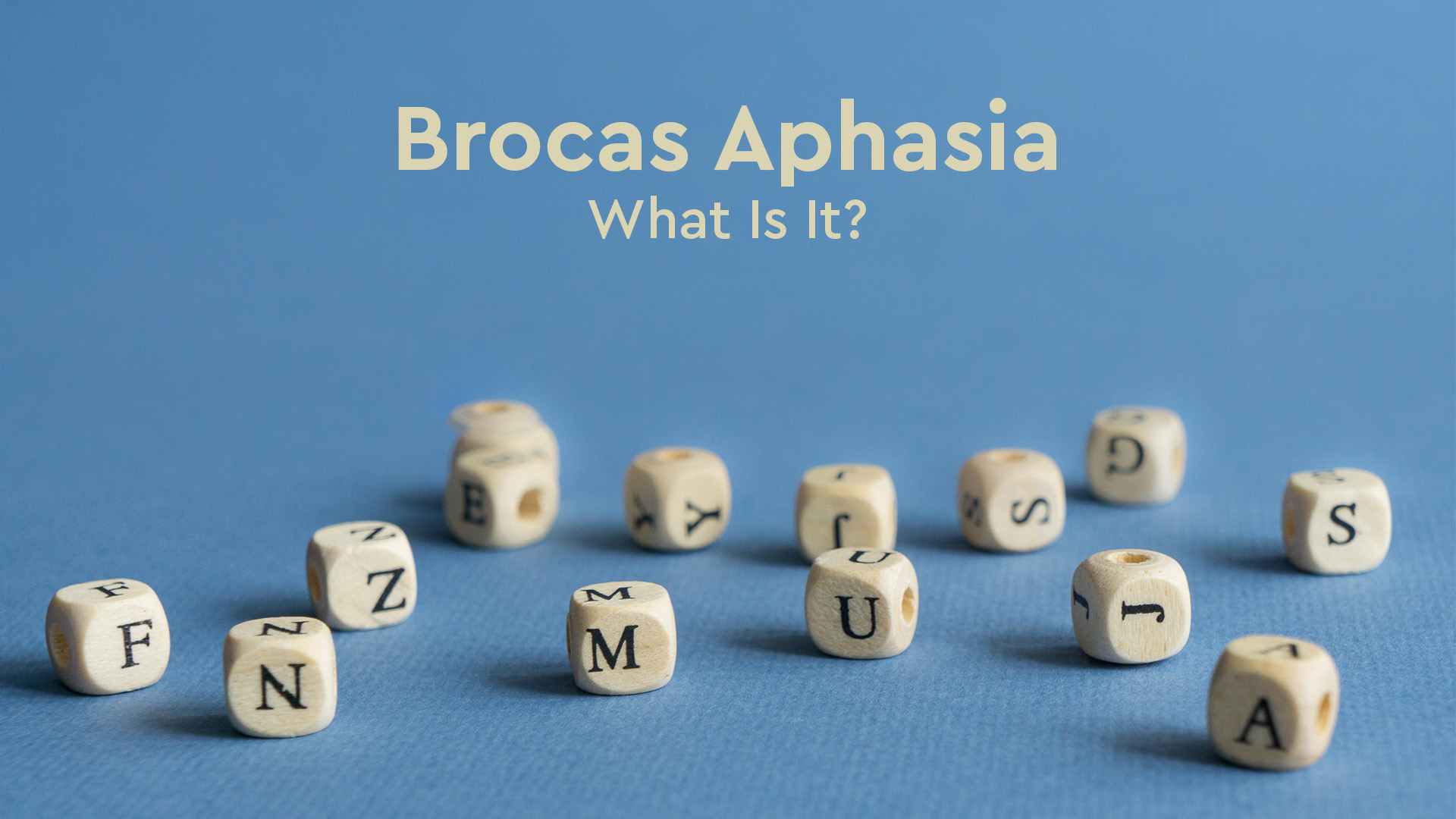30 Nov What 3 Cognitive Components Should You Work On For Aphasia?
Aphasia is a condition that reflects the loss of language. Depending on the nature of aphasia, a person may have trouble producing and/or understanding language. Some people with aphasia may not understand spoken language but...











